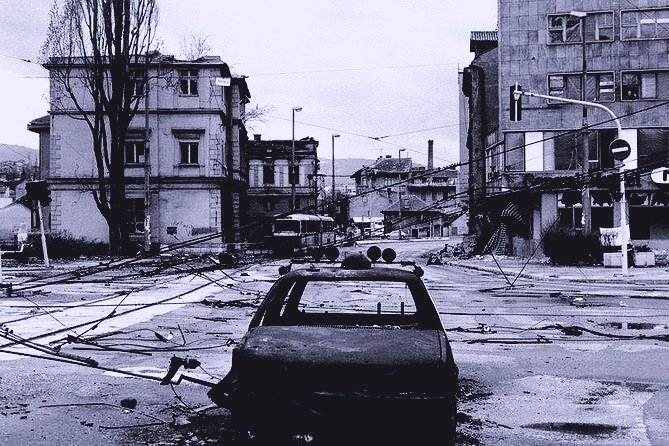
Trauma-Sensitive Interview Training Certificate
Sarajevo Image
Conceptual Outline of Modules
MODULE 1
Theories and ethics of narrative.
Moral storytelling | Responsibility of Bearing Witness | Justice Issue or Moral Cause Stories as Value and Meaning | The Wounded Storyteller
MODULE 2
The unique role of women.
Intergenerational trauma | Roles of history, culture, religion | Complex vulnerabilities | Moral agency and narrative constructions including oppression and community | Situatedness
MODULE 3
Trauma-informed interviewing techniques.
Stabilization and grounding techniques | Identifying and working with the "fight-flight response" | Multi-level listening skills | Sitting with silence | 'Generous' questions, techniques, and follow-up
Objectives
Gather women's narratives to witness and archive women's stories and help build systems of support after violence.
Emphasize the responsibility of witnessing—hearing another’s trauma story— including empathy, gentle follow-up, the role of silence, and physical signs of emotional distress.
Use storytelling and narratives to address the gaps in services for women survivors of violence or trauma, challenges that are often intergenerational and long-term.
Create opportunities that make attendees more confident in their interviewing and editing skills.
Support South-to-South and South-to-North pedagogical experiences via other partner universities, institutes, and nonprofits.
Upon completion of training, delegates receive a certificate for trauma-sensitive interviewing, and can then interview women for GWNP and edit the narratives with their GWNP editorial team.
